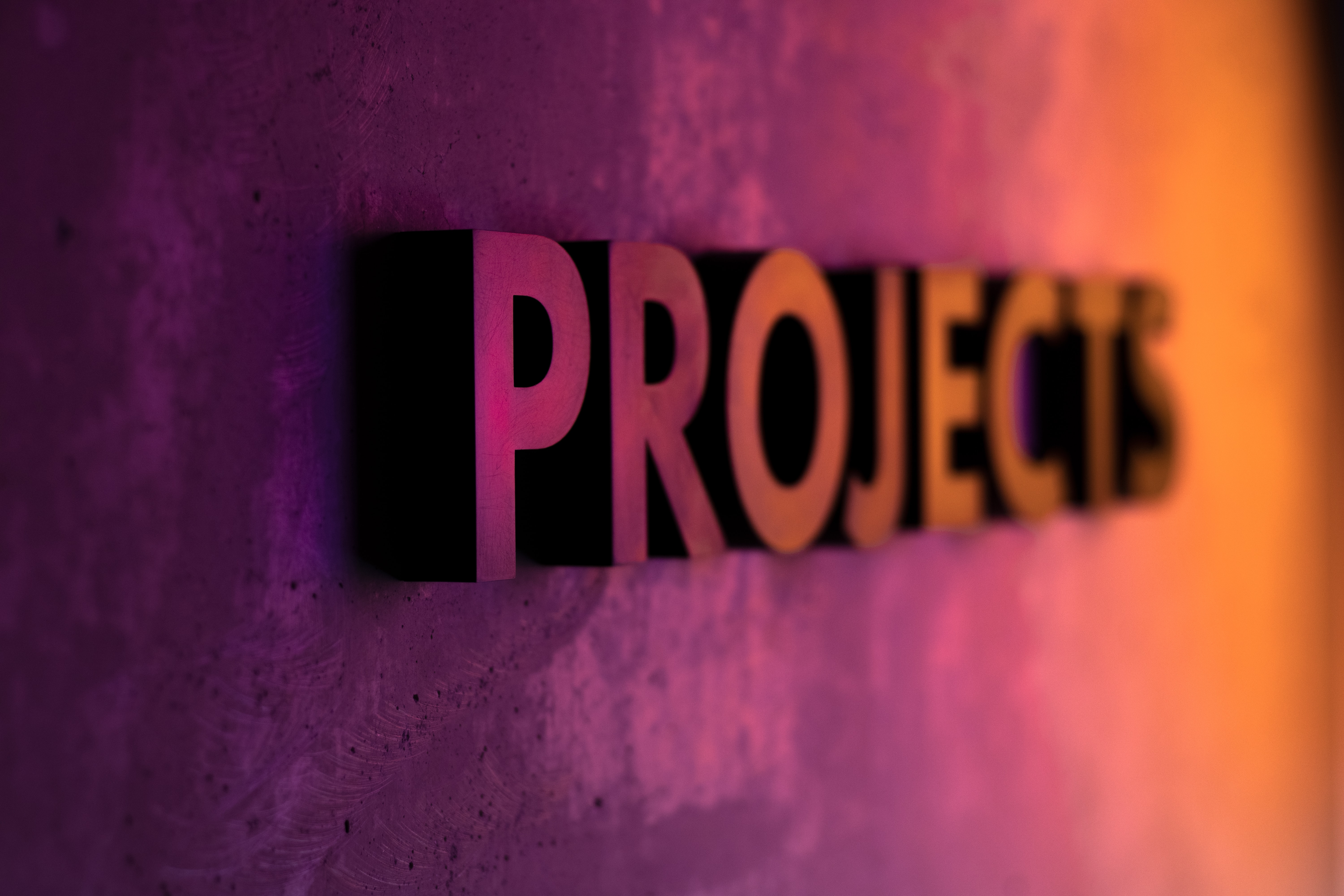How do you know when a project is truly finished?
The Thrive Global Community welcomes voices from many spheres on our open platform. We publish pieces as written by outside contributors with a wide range of opinions, which don’t necessarily reflect our own. Community stories are not commissioned by our editorial team and must meet our guidelines prior to being published.
By
- Katherine Sauer, coach, Ph.D. economist, nutritionist, and well-being enthusiast at BeBurnoutProof.com

Hurling oneself from one project to another without pausing to celebrate or even to take a moment to reflect has come up in conversation a few times lately. Relatedly, sometimes it seems that projects never actually end. Rather they morph into different versions of themselves as they age and circumstances change.
Maybe it has gotten more pronounced during the pandemic? Certainly, this phenomenon has been in effect for far longer.
Here is a simple technique to try.
1. Define Your Project
Define a project however you want – a multi-month initiative, a big presentation (internal or external), or even a monthly blog post.
2. Set Some Intentions and Guideposts
At the start of a project, take a few minutes to ponder the following questions. If it is a longer-term project, jot down your answers for reference later. If it is smaller or shorter-term, you can simply do this mentally if you like. If your project is already in motion, you can still pause to answer these questions.
- How do you want to feel at the end?
- What do you want other people to feel or know (if applicable)?
- How do you know when it is finished?
The first two questions are self-explanatory. The third might seem simple but in reality it is at the heart of the issue.
Take a big presentation for example. Is that project finished when you deliver the presentation? After you receive/review/incorporate any feedback from the audience? When a decision based on the presentation is made?
Or how about preparing your division’s budget for the year. Is that project done when you turn in your projections? Or when it has achieved final approval? There isn’t one right answer. If you expect several rounds of negotiations, then the later might be more appropriate for you. If you think your heavy lifting is done upon submission, then the former is likely better for you.
You can choose any finish line that works for you. The point is to define when your project is done, and plan how you’ll acknowledge and reflect upon it.
3. Celebrate and Reflect
Once you’ve crossed the finish line, be sure to celebrate in some way. Whether you celebrate before or after you reflect on the project is up to you. While there are many formal techniques for reflecting on a completed project (e.g., retrospectives, after-action reviews, etc.), two simple questions might suffice for your own .
- What went well?
- What would I like to try next time?
4. Look for Projects that are on Pause
Some projects get put on pause indefinitely – whether intentionally or by being displaced by other priorities. It’s sometimes hard to notice that pause in real time because your attention is on something else. But if you incorporate it into a quarterly review of your work portfolio, you can spot languishing projects easily. If the project was something you were personally invested in, you might need to grieve its suspension. Or maybe you are glad its not moving forward anymore. Whatever you feel is legitimate. Formally putting a project on pause (at least in your to-do list) often brings a sense of relief because it is no longer out there lingering as a question in the back of your mind.
5. Identify Shape Shifters
And then there are projects that start out as one thing and then morph into something else. Those types of projects are trickier to (re)define finish lines for. One strategy for projects that morph is to retroactively define a finish line at a phase change. And then celebrate it, reflect on it, and then redefine the finish line for the next phase.
Homework
Take ten minutes to review the projects in your current portfolio and the recent past. Ask yourself:
- Which projects do you want to go back and set intentions and finish lines for?
- Which finished projects want to be celebrated?
- Which projects are you officially putting on pause?
- Which projects have morphed since their inception and need redefined finish lines?

Katherine Sauer, coach, Ph.D. economist, nutritionist, and well-being enthusiast at BeBurnoutProof.com
Katherine Sauer is passionate about helping high-achieving professionals manage and prevent burnout so they can flourish in demanding roles and in hectic environments. She is on a mission to burnout proof introverts in technical and analytical professions. As a former executive at a national nonprofit organization and an investment consulting firm, she is no stranger to workplace stress, high-pressure speaking engagements, and a demanding travel schedule. An educator at heart, she has pursued credentials and training in economics, yoga and meditation, nutrition, change leadership, nonprofit leadership, coaching, and mental health first aid. In 2017 she released FocusMinder, an app containing quick guided meditations specifically for use during the workday. In 2021 she launched BeBurnoutProof.com.
Share your comments below. Please read our commenting guidelines before posting. If you have a concern about a comment, report it here.



